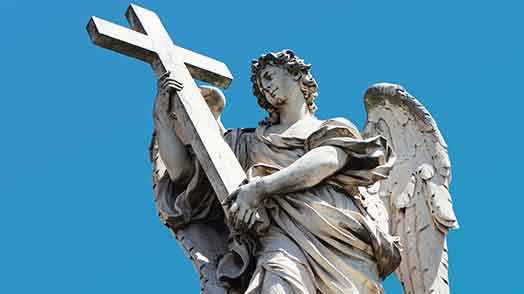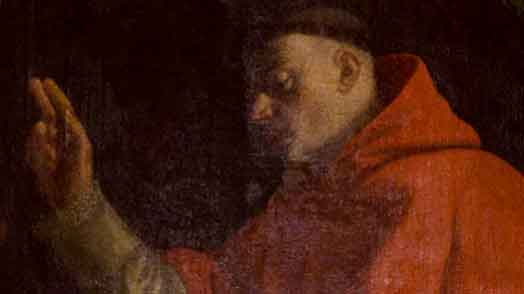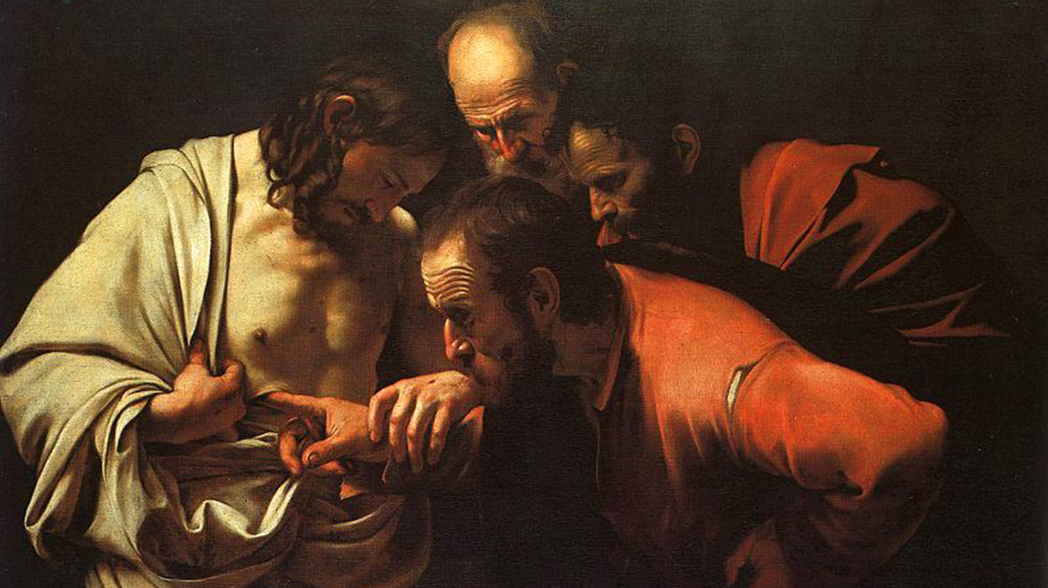By Fr. Tom Zelinski, OFM Cap.
In our Gospel passages for the 17th Week of Ordinary Time, there are many references to the “Kingdom of Heaven.” In some other places and translations there will be references to the “Kingdom of God” or “The Reign of God.” All point to the same reality. But what comes to mind when we hear of the “Kingdom of Heaven?” We may have different ideas about that, but the actual meaning can be a bit unclear. It is not first of all a place to which we travel.
During the 17th Week, we read some of the parables of the Kingdom in Matthew 13. And as the early Christian community reflected on Jesus’ words about the Kingdom, they realized he did not describe it in precise terms. And so we hear over and over, “the Kingdom of Heaven is like” something. It is like the seed scattered on the land. It is like weeds growing up among wheat. It is like a great catch of fish. It is like a treasure or pearl of great price. It is “like” these things.
And so, what are we to think? Among other things, we may see the Kingdom of Heaven as a way of living or a state of mind. We might say those living in the Kingdom of Heaven are those who live in a certain way, who express certain values in their lives. They are, in other words, those who try to live by all the teachings of Jesus. They do this as individuals and in community with others.
The Catholic Church does not equal the Kingdom of Heaven, but we hope that Catholic people participate in the Kingdom in their behavior, along with their brothers and sisters in other groups and denominations.
Those living in the Kingdom of Heaven are those , indeed, who hear the words of Jesus and follow them with their lives. Could Jesus say to any of us: “The Kingdom of Heaven is like your life?”



